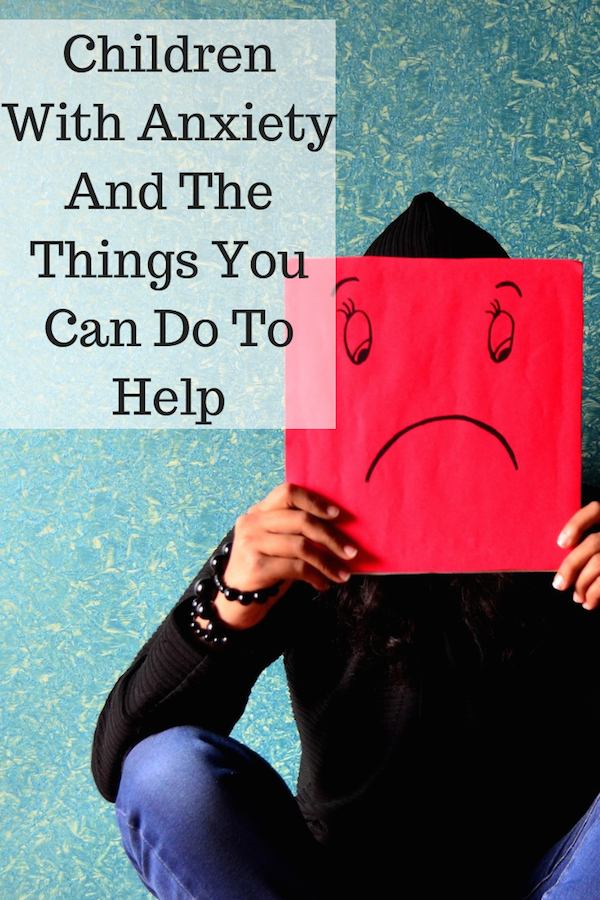
Sometimes our children can start to struggle and we don’t even realize why or what is going on. When they cry because they hurt themselves, you put a bandaid on it and give it a special kiss. When they hear something they don’t like or get upset because of children at school, your reassure them and make them feel good about themselves, but anxiety, something that attacks the thought process and the emotions, is often something that is difficult to spot and fix straight away. It can be hard to handle at first, but anxiety is becoming more common amongst our younger generation. With that in mind, I wanted to share with you some of the things that you could do help your child if you feel they are getting anxious over situations or life in general.
Help them sleep at night
One of the first things to think about would be how much sleep they are getting. A lot of the time anxiety can present itself at night, when your mind is racing and there isn’t much you can to alleviate the thoughts. If you can, encourage a good bedtime routine and consider something like a weighted blanket for extra support in the night. A quick look online will highlight The 5 best weighted blankets, reviewed by a clinical psychologist so you know which one is best for your little one. Anxiety can also be heightened during the day when there is a lack of sleep from the night before, so placing focus on this could really help reduce the symptoms your little one is experiencing.
Talk to them about it and don’t forget to listen
A big thing with anxiety is the need to talk, and as parents while we may be around to talk to our little ones, sometimes we can fail to listen. Wanting to jump in and make things better for our children as fast as possible. Sometimes just listening and taking a step back is what is needed for your child to really allow everything in their mind to come out. It might not be nice to hear how your child is feeling, but knowing the full story will help you come up with a solution to help alleviate the symptoms.
Teach them to recognize signs and triggers so they can overcome it
Anxiety is often triggered. It could be a feeling, a situation or something that they fear that can bring on the symptoms of anxiety such as panic and increased heart rate. Teaching your child to understand what causes them to feel anxious will help them recognize the signs and situations. It isn’t always about avoiding things, but knowing the trigger can allow preparation ahead of time, or at least to be able to handle it better.
Distraction could really help
Finally, distraction is a great way to start to alleviate the signs of anxiety. Taking them out of a situation, showing them something or changing the subject of conversation. These things can all help as a distraction which can then calm down the anxiety that might be taking hold.
I hope that these tips help you when it comes to your children dealing with anxiety.





ellen beck says
Kids are so unsure of themselves at many different stages. It seems the stages come earlier now with pressures on social media, TV and in real life. Distractions and talking seem to work the very best. Great article.
Christina Gould says
This is great info. I had a lot of anxiety when I was a kid. Thanks for posting!